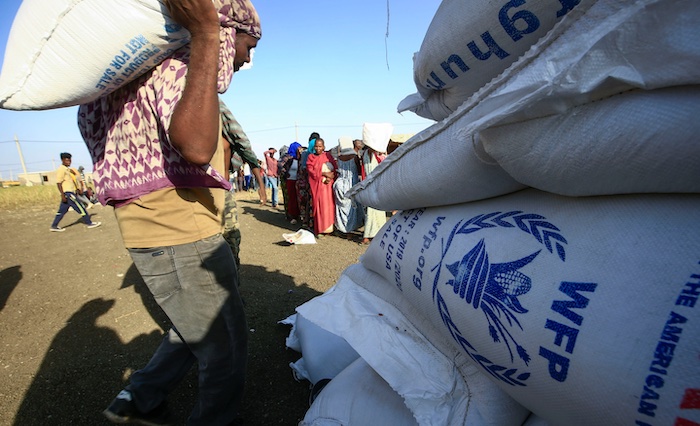
US Aid Cuts Will Force UN World Food Program to Close Southern Africa Bureau
Due to US financial cuts, WFP is eliminating its Southern Africa bureau, which will affect food assistance in the midst of a severe drought in the region.
Due to financial limitations, the United Nations World Food Programme (WFP) said Monday it is closing its Southern Africa bureau. Millions of people in the area are experiencing increased food insecurity as a result of the decision, which comes amid a severe drought.
Nearly half of the WFP’s funding comes from the United States, but the Trump administration’s cuts to foreign aid have drastically decreased the amount of money available. Regional spokesperson Tomson Phiri agreed that the donor funding outlook had become limited, but the agency did not provide a precise financial effect estimate.
With $4.5 billion of the WFP’s $9.8 billion budget last year, the US is the organization’s top donor. However, as part of its America First strategy, the Trump administration has substantially cut UN financing and international aid contracts. With a $58 billion fall in worldwide assistance, the US Agency for International Development (USAID) alone has slashed more than 90% of its international aid contracts.
Lesotho, Malawi, Zambia, Zimbabwe, and Namibia were obliged to proclaim national disasters last year due to drought caused by El Niño. The World Food Program, which already has financial constraints, managed to gather just one-fifth of the necessary funds to alleviate the drought.
The WFP will move its Southern Africa bureau to Nairobi, Kenya, and combine its operations in eastern and southern Africa in order to maximize resources.
Assuring that country-level activities in Southern Africa would remain unaffected, Phiri said, “The goal is to stretch every dollar and target maximum resources to our frontline teams.”
Over 60 percent of the food that WFP purchases is consumed in the same area. Delivering food and financial aid to communities impacted by crop failures, climate change, and violence, however, is becoming more difficult for the organization in the absence of sufficient funds.
The future of food security in Southern Africa is still unclear due to the rising drought conditions and ongoing financial cuts.
All Categories
Recent Posts
Tags
+13162306000
zoneyetu@yahoo.com


